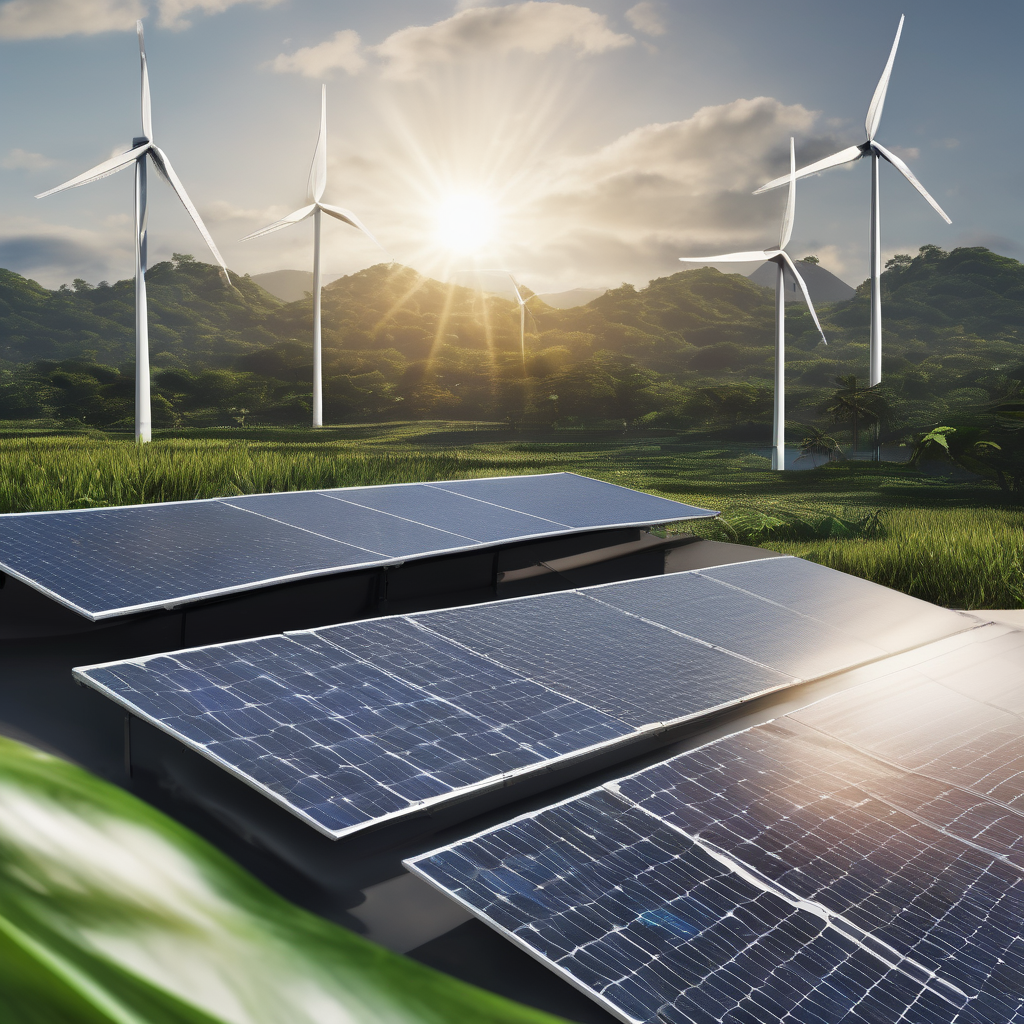The Federated States of Micronesia (FSM) is taking significant strides to strengthen its dedication to climate action by unveiling its Nationally Determined Contribution (NDC) 3.0 along with a new Methane Roadmap during COP30 at the Moana Pavilion in Belém, Brazil. This announcement, presented by FSM’s Minister for Climate Change, Elina Akinaka, signifies a serious commitment to fulfilling both national and global climate obligations.
Minister Akinaka highlighted that these updated commitments embody a balanced approach, successfully aligning ambitious climate goals with practical implementation strategies. The revised NDC aims to address urgent climate challenges while promoting innovation and leadership. Notably, the Methane Roadmap focuses on strategies to reduce methane emissions, one of the most potent greenhouse gases.
A vital aspect of these initiatives is the emphasis on cooperation among various stakeholders. Akinaka stressed the importance of collaboration between government agencies, local communities, regional partners, and development organizations to effectively realize these goals. She noted that sustained partnerships and dedication are essential for making a substantial impact.
Coral Pasisi, Director for Climate Change at the Pacific Community (SPC), lauded FSM’s efforts, describing the launch as “a real milestone” for the climate ambition and resilience of Pacific nations. She acknowledged the complexities involved in crafting a comprehensive climate strategy for a nation composed of numerous states and islands, praising FSM for establishing a cohesive vision.
Key elements of FSM’s updated NDC include ambitious targets to enhance access to renewable energy, with a goal of generating 70% of electricity from renewable sources by 2030, and increasing this to 80% by 2035. These climate commitments are dependent on available resources, capacity, and technological support, with additional objectives aimed at ecosystem restoration and the sustainable management of marine resources.
The Regional Pacific NDC Hub, which receives support from organizations such as the European Union and the Australian Department of Climate Change, Energy, the Environment and Water, is instrumental in underpinning FSM’s ambitions. It helps ensure concrete actions are part of these commitments, which include achieving universal electricity access by 2035 and enhancing the resilience of critical sectors such as water, food, and health.
Pasisi remarked that FSM’s NDC 3.0 exemplifies how national priorities can transform into actionable plans. The initiatives emphasize the importance of sustainable practices in both marine and terrestrial ecosystems, reflecting a strong commitment to environmental stewardship and combating climate change.
As Pacific nations work to assert their leadership in addressing climate challenges, FSM’s latest commitments signal a promising direction towards broader regional collaborations and genuine implementation of effective climate solutions. The urgency and resolve displayed by Micronesia and other island nations create an optimistic outlook for collective efforts to mitigate the impacts of climate change.
